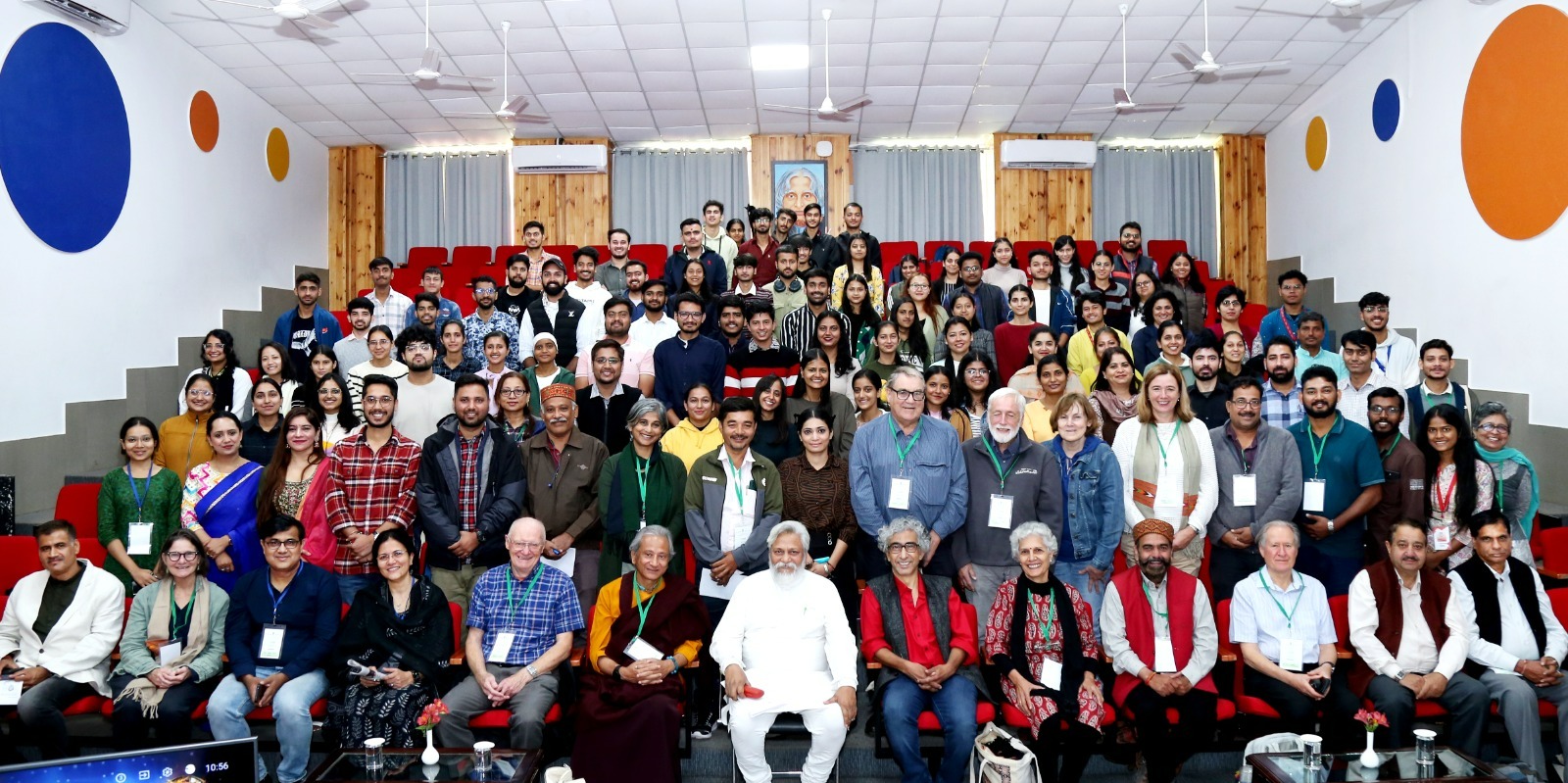
CIMA-2023, the 20th edition of the International Congress of Agricultural Museums, organised by the International Association of Agricultural Museums (AIMA), concluded successfully at Shoolini University Campus.
During one of the key sessions, renowned environmentalist Rajendra Singh, known as the ‘Waterman of India’, addressed the audience on ‘Traditional Water Harvesting for Irrigation’. He emphasised the critical role of water conservation in Indian agriculture and highlighted the detrimental effects of modern agricultural practices on natural resources.
Another notable session featured ANTHRA founder-director Nitya Ghotge, who discussed the impact of the Green Revolution on livestock and nomadic communities. She brought attention to the evolving landscape of livestock management, particularly the transition from traditional methods to modern machinery.
A freelance journalist from Satna, Madhya Pradesh, Suresh Dahiya, highlighted the adverse consequences of agrochemicals introduced during the Green Revolution, which resulted in soil and environmental pollution. Anupam Paul, former additional director of agriculture at the Directorate of Agriculture, West Bengal, discussed the importance of preserving India's traditional rice varieties and their role in promoting biodiversity and sustainable agriculture. Sanchit Thakur discussed the role of crop diversity in sustainable agriculture and the conservation of biodiversity in India. Barbara Corson, Claus Kropp, and Paul Starkey addressed the welfare of working animals and the importance of sharing information about animal heritage.
In the Himachal Session, Suresh C. Attri from the Environment, Science, and Technology Department, Government of Himachal Pradesh, discussed the unique aspects of moisture management and adapting irrigation practices in the face of climate stress.
Furthermore, R Seenivasan, an Agricultural Engineer and Development Professional from Chennai, emphasised the ecological and social significance of traditional tank ecosystems. He pointed out the threats to these ecosystems, including encroachments and urbanisation, highlighting the need for their conservation and development to support local livelihoods and protect the environment in the context of changing climate conditions.
These sessions provided invaluable insights into various aspects of agriculture, water conservation, livestock management, and the importance of preserving traditional practices in the face of environmental challenges. The conference served as a platform for experts to exchange knowledge and ideas, paving the way for a more sustainable and environmentally conscious approach to agriculture in India. Shoolini University expresses its gratitude to all participants and looks forward to further collaborations and endeavours in the realm of agricultural sustainability.
The conference will continue for the next two days at PAU, Ludhiana.
